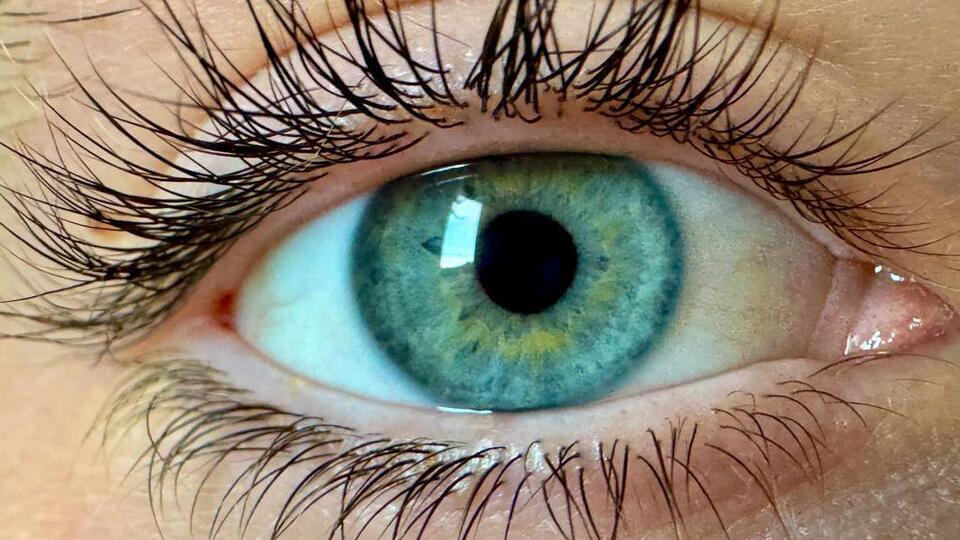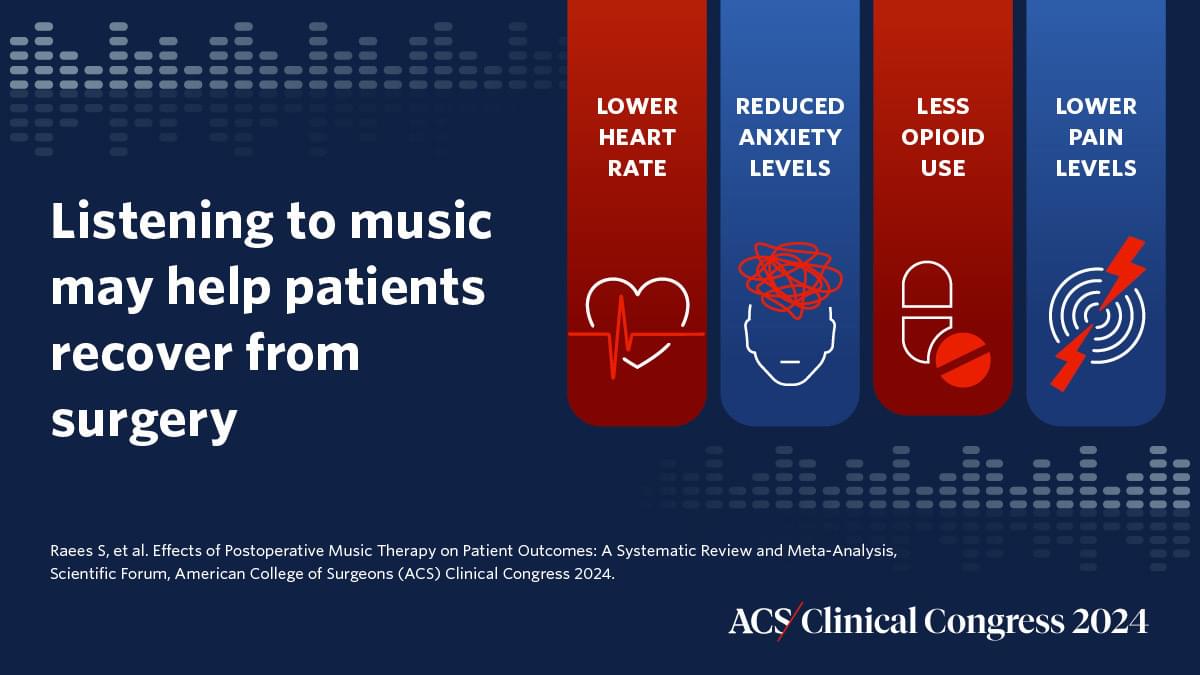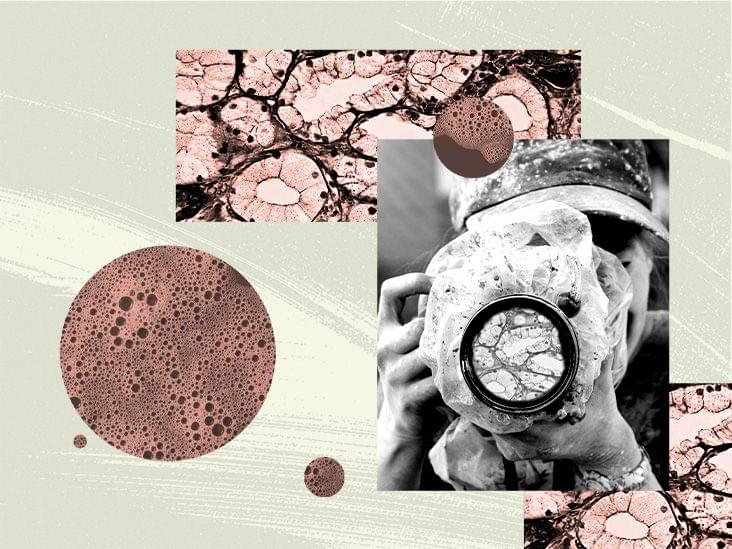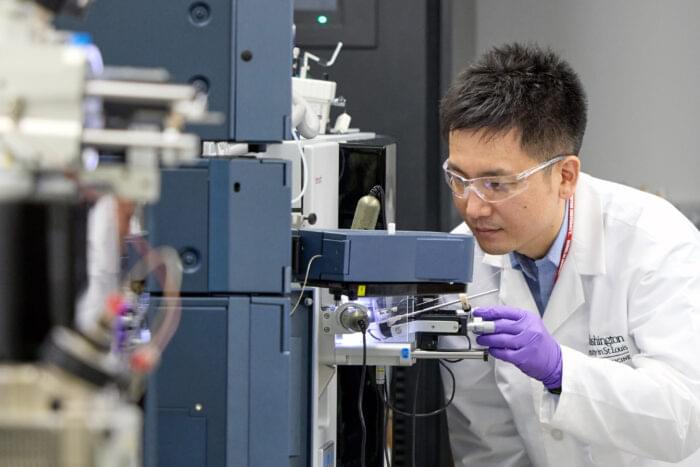Why matter dominates over antimatter in our universe has long been a major cosmic mystery to physicists. A new finding by the world’s largest particle collider has revealed a clue.


Why matter dominates over antimatter in our universe has long been a major cosmic mystery to physicists. A new finding by the world’s largest particle collider has revealed a clue.

Existing numerical computing libraries lack native support for physical units, limiting their application in rigorous scientific computing. Here, the authors developed SAIUnit, which integrates physical units, and unit-aware mathematical functions and transformations into numerical computing libraries for artificial intelligence-driven scientific computing.

Einstein imagined gravitational waves over a hundred years ago, but it wasn’t until 2016 that technology finally caught up. Now, researchers are pushing the boundaries again – this time with the help of an AI named Urania. Developed by Dr. Mario Krenn and his team, Urania has designed a series of

“Olo” is said to be a saturated blue-green — but some say the existence of a new colour is “open to argument”

A new pill, tavapadon, has shown potential in easing Parkinson’s symptoms while limiting side effects. In patients taking at least 400 mg of levodopa daily, tavapadon helped reduce motor fluctuations.

Music may have a calming effect on patients recovering from surgery – reducing anxiety, perceived pain, and heart rate.

Kidney and nerve tissue cells can form memories much like brain cells, one new study has found. Another recent study says that memories of obesity stored in fat tissue may be partly responsible for the yo-yo weight loss effect.

That could mean intelligence is a fundamental property that structures like the brain interact with.

With applications ranging from experimental physics to quantum field exploration, these high-energy lasers are more than scientific curiosities — they’re becoming symbols of technological ambition and geopolitical strength.

Could help determine which patients are likely to benefit from new Alzheimer’s drugs. A newly developed blood test for Alzheimer’s disease not only aids in the diagnosis of the neurodegenerative condition but also indicates how far it has progressed, according to a study by researchers at Washington University School of Medicine in St. Louis and Lund University in Sweden.
Several blood tests for Alzheimer’s disease are already clinically available, including two based on technology licensed from WashU. Such tests help doctors diagnose the disease in people with cognitive symptoms, but do not indicate the clinical stage of the disease symptoms — that is, the degree of impairment in thinking or memory due to Alzheimer’s dementia. Current Alzheimer’s therapies are most effective in early stages of the disease, so having a relatively easy and reliable way to gauge how far the disease has progressed could help doctors determine which patients are likely to benefit from drug treatment and to what extent. The new test can also provide insight on whether a person’s symptoms are likely due to Alzheimer’s versus some other cause.
The study is published March 31 in Nature Medicine.